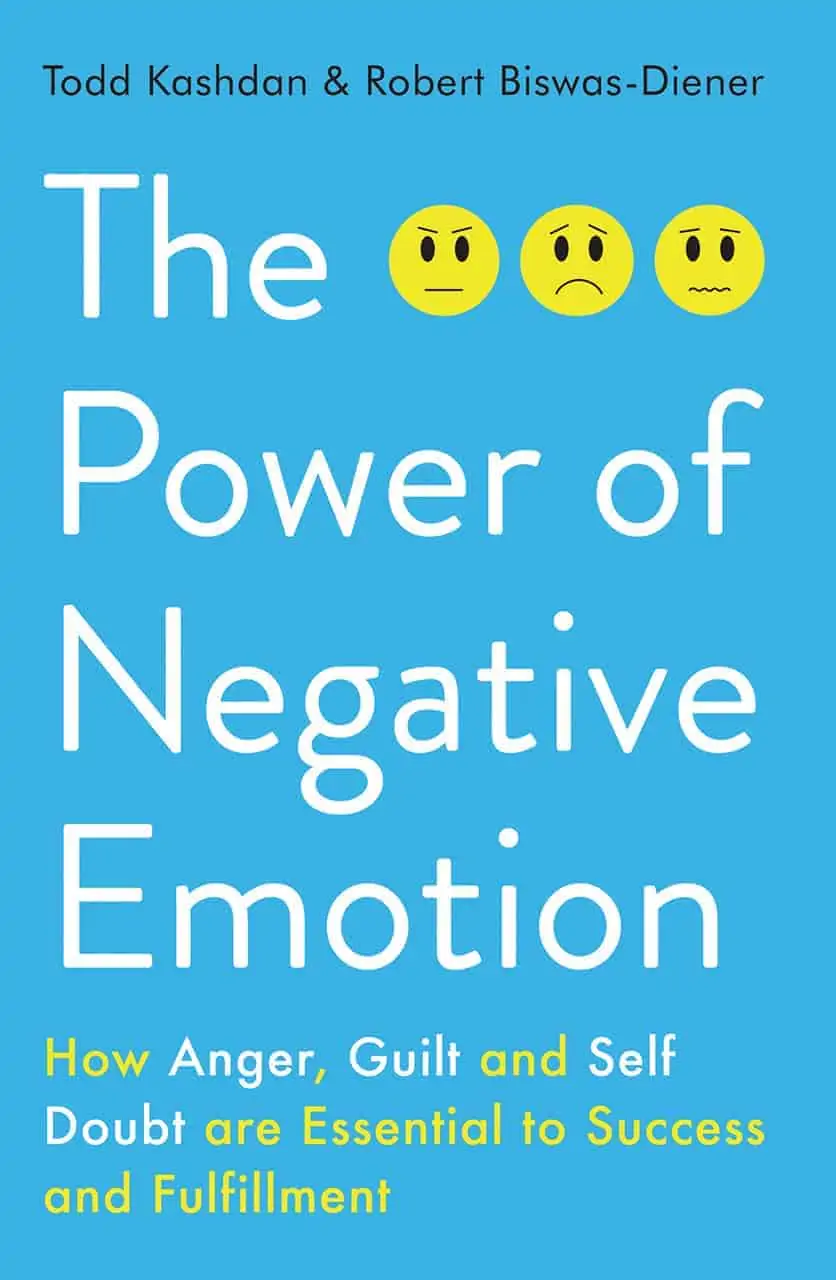Today's Friday • 6 mins read
Your dark, negative emotions like anger, anxiety, and guilt are necessary parts of your life.
Psychological health involves accepting our dark sides as well and living a life of wholeness rather than one of happiness.
For a rich, complete life, your healthy mind must accept and embrace the dark side of human nature. Without the presence of negative emotions, your journey to a happy life will remain a distant dream.
The Upside of Your Dark Side is a splendid book that is both enjoyable and research-based.
This post takes a few ideas from that book to give you a glimpse into the span of research that has gone into exploring the benefits of negative aspects of human emotions.
Wisdom From The Dark Side of Human Nature
Now, let’s take a quick dip into the ideas from the book about why we should understand and embrace our negative emotions and dark side to flourish fully.
The Upside of Your Dark Side peers into the dark depths of the human psyche and brings out the practicality and utility of our difficult and sometimes painful emotions.
Authors Todd Kashdan and Robert Biswas-Diener assert that negative emotions are vital to our survival.
They convincingly argue:
- Anger can spark creativity
- Guilt can lead to improvement
- Self-doubt can increase performance
- Selfishness can perk up our courage
- Mindlessness can open us up to better decisions
The idea is to achieve an optimal state of “emotional, social, and mental agility,” not a purely content or happy state. An agile state allows us to use our full range of emotions, bad and good, to handle situations that life throws at us.
So, don’t try to avoid or ignore negative emotions. These emotions are there for a reason: to guide and motivate us to pursue our goals and help keep us out of harm’s way.
- Todd B. Kashdan is a professor of psychology and an eminent researcher at George Mason University in Virginia.
- Robert Biswas-Diener is a happiness researcher and an authority on positive psychology coaching who has traveled to 100+ countries. He is widely known as the “Indiana Jones of Positive Psychology.”
The book also sells as The Power of Negative Emotion – How Anger, Guilt, and Self-Doubt are Essential to Success and Fulfillment.
Unlocking The Wisdom Of Your Negative Emotions
1. Happiness Can Degrade Performance
We believe a happier work environment can make people better workers. But this idea has a downside.
Happier people care less about the details. This makes them less persuasive and more error-prone.
In an experiment, “happy” and “unhappy” people were asked to write arguments for or against a few political and philosophical issues. The “unhappy” people reasoned 25% more convincingly.
Cheerful people are also more likely to confabulate. They recall false facts or things they never learned.
Therefore, a happy person may not turn out to be an outstanding performer as the head of quality management, where details are everything.
2. Guilt Has Benefits
According to the authors, there are two upsides to guilt:
Since guilt is a terrible feeling, we do our best to avoid it at all times. It makes us avoid breaking the law, such as driving drunk or stealing.
A strong sense of guilt makes us try everything within our power to fix our wrongful deeds. And avoid repeating such acts.
Shame, the authors feel, has much less value.
Shame makes us distance ourselves from assuming responsibility for our mistakes. A feeling of shame can also make us want to cover up our blunders and deny our sins.
So, when you want to throw that Noritake bowl you broke into the trash while hoping no one notices, try to take responsibility and offer to set it right. That would get people to see you as an honorable person.
3. Being Mindful Can Be Harmful
We have a limited ability to be mindful. Our brains can process only a certain limit of data consciously. The human body sends 11 million bits per second of data to the brain, yet the conscious mind seems can only process 50 bits per second.
Suppose you are trying to understand and solve a complex chess problem. Now, if you had to process all that data with no help from a chess engine or a better player, you might leave it out of sheer brain load.
Mindfulness is good for some tasks, but it is never a one-size-fits-all.
On the flip side, there are specific benefits to being mindless.
Being mindful slows down the workflow, as you are pouring an exhaustive amount of data into your brain. A better way to let your mind wander or daydream, or use your imagination on some unrelated things.
Mindlessness, a state when we are not using our conscious mind to process an issue before us, helps us make better decisions, as it lets us trust our gut instincts more.
One study indicated that psychologists given files to assess made five times more accurate evaluations when distracted with a crossword puzzle, instead of being given time to think about their decisions.
The underlying mechanism could be that they moved the data processing to their unconscious mind while they solved the crossword, and this led them to the right gut feeling.
We have come across similar situations ourselves, when we found the solution to a pressing issue while being away from it, like taking a shower or riding a bicycle.
That is mindlessness at work.
Quotes On The Value of Negative Emotions
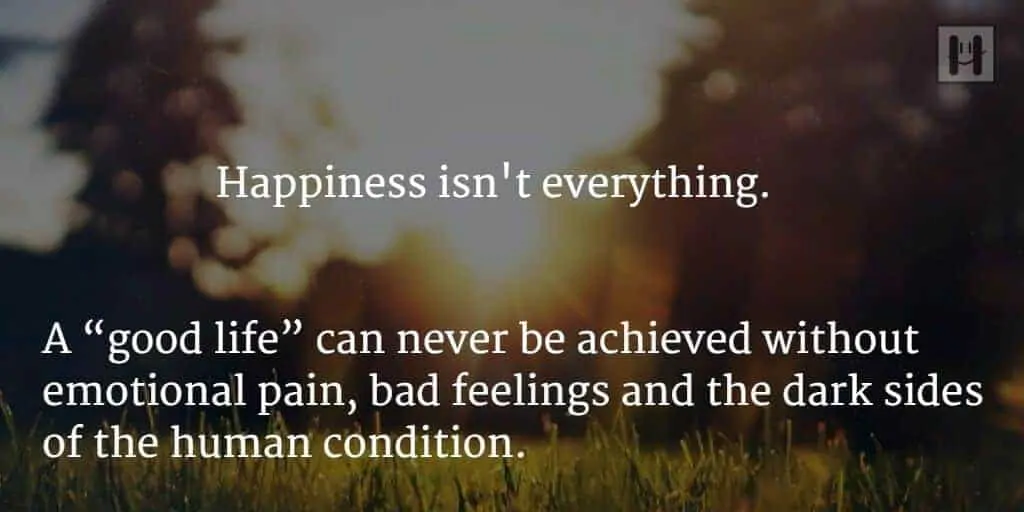
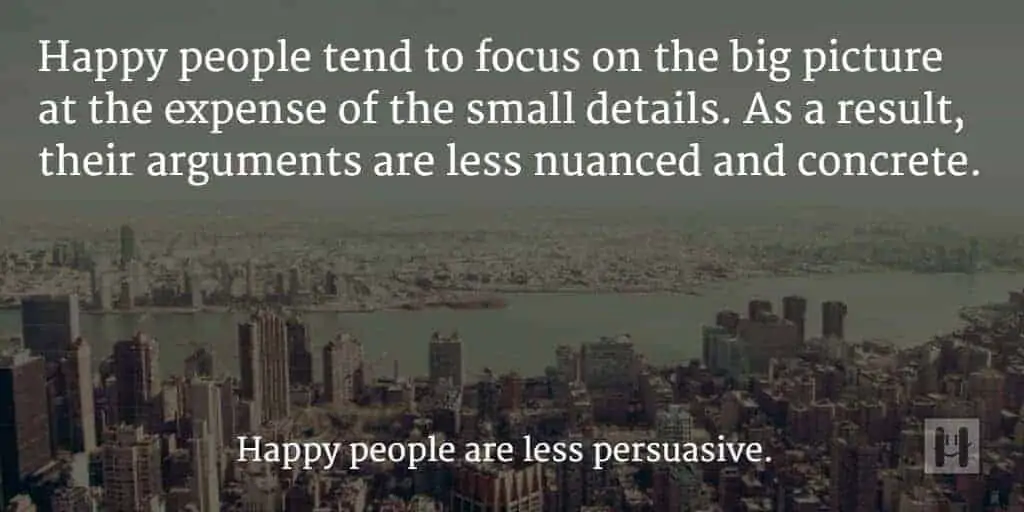
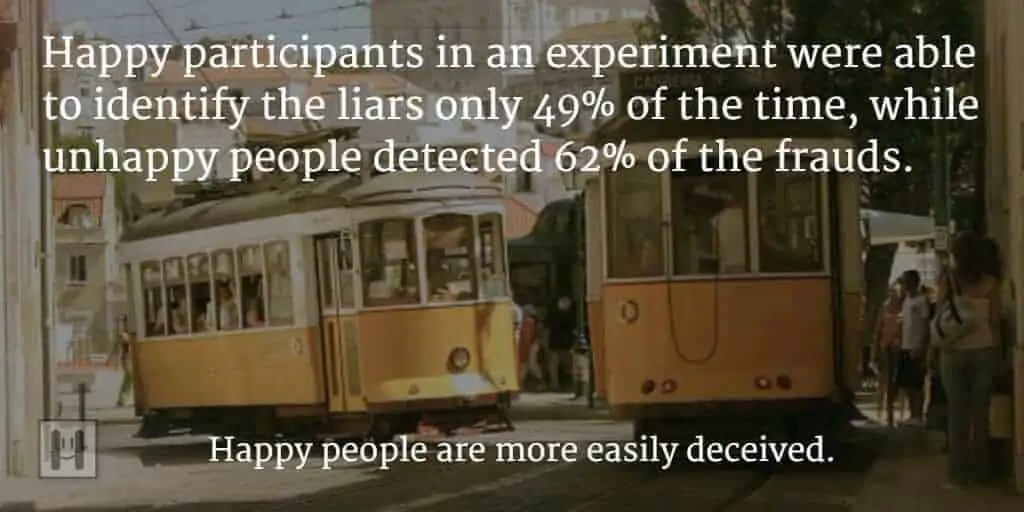
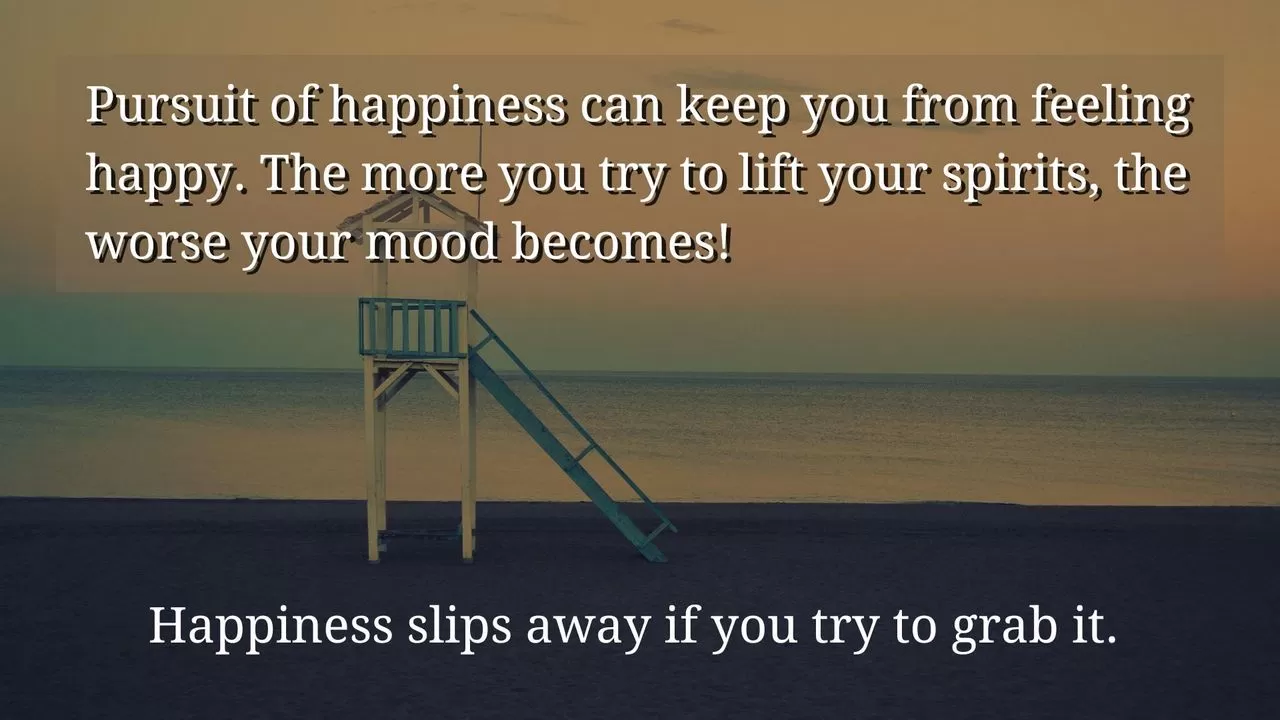
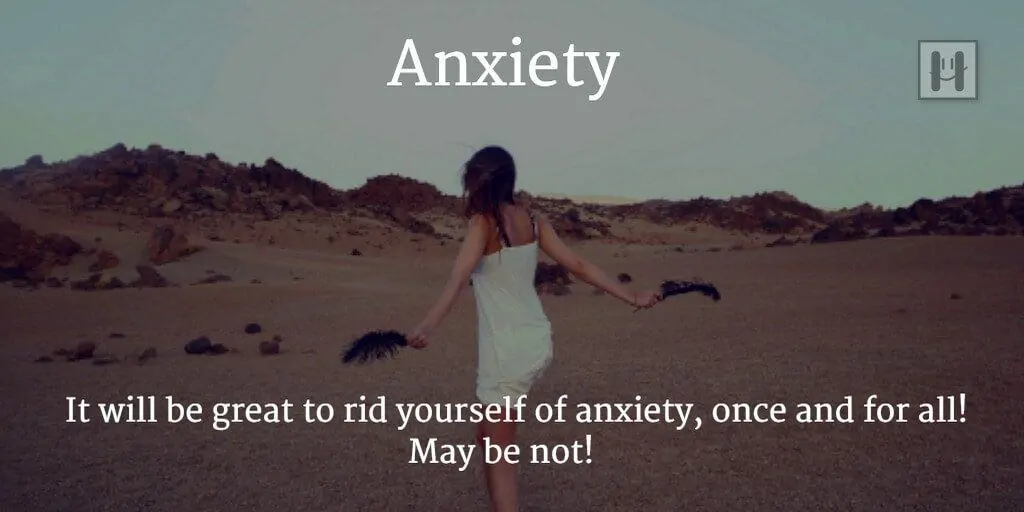
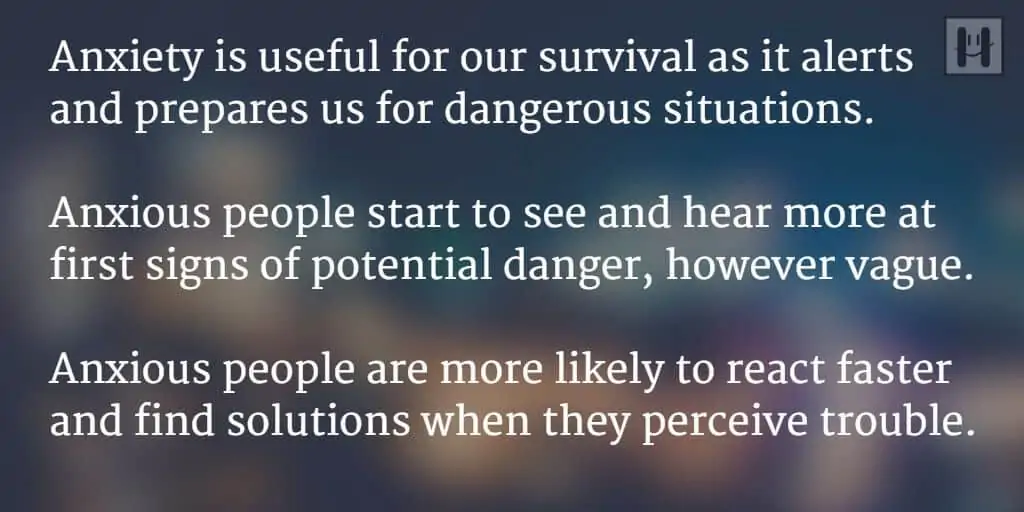
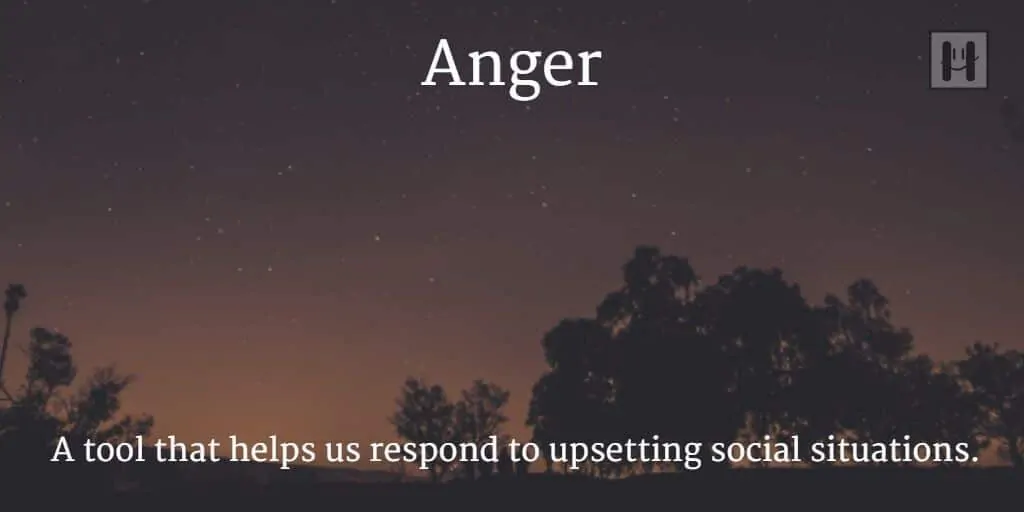
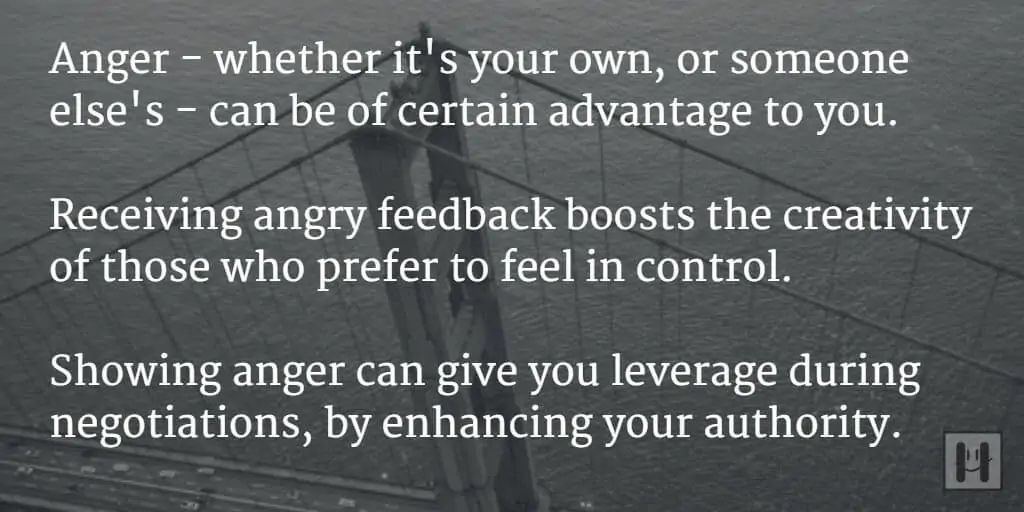
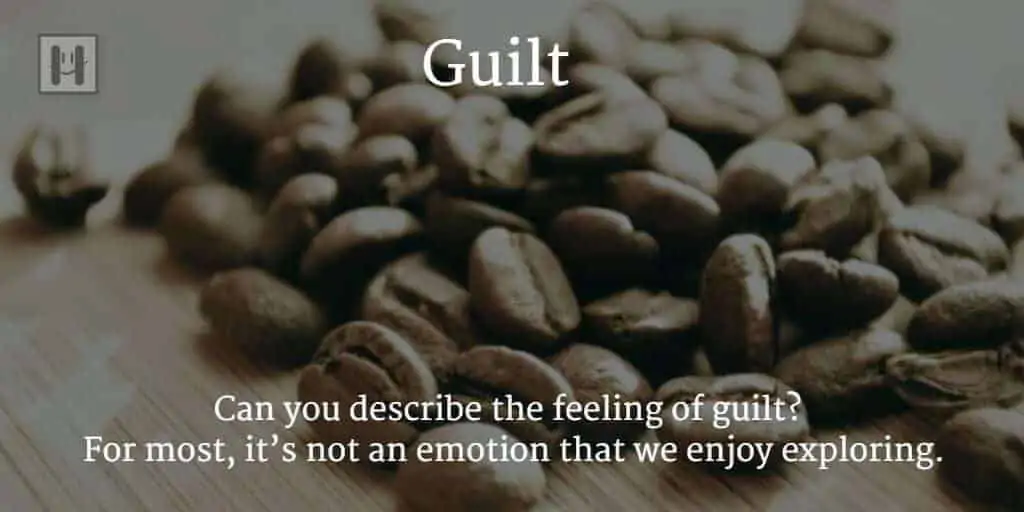
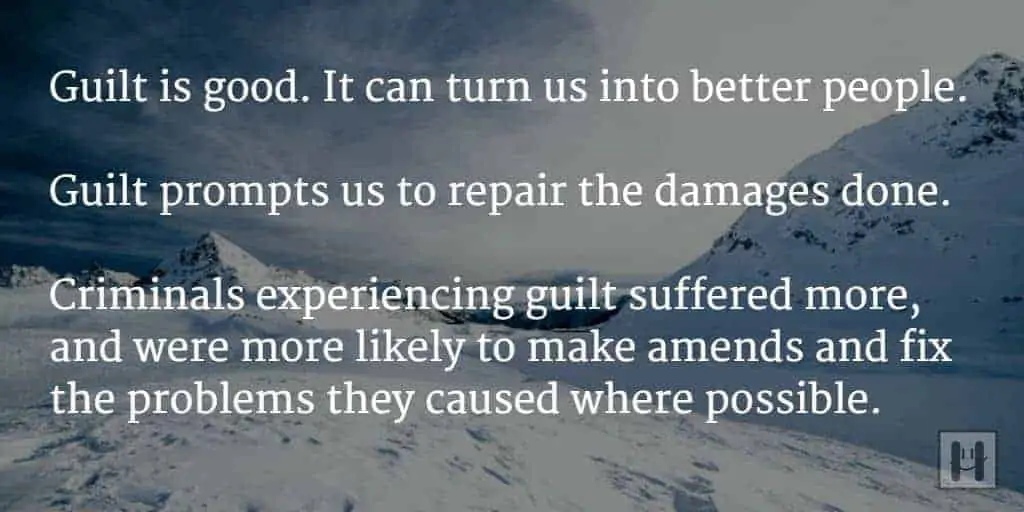
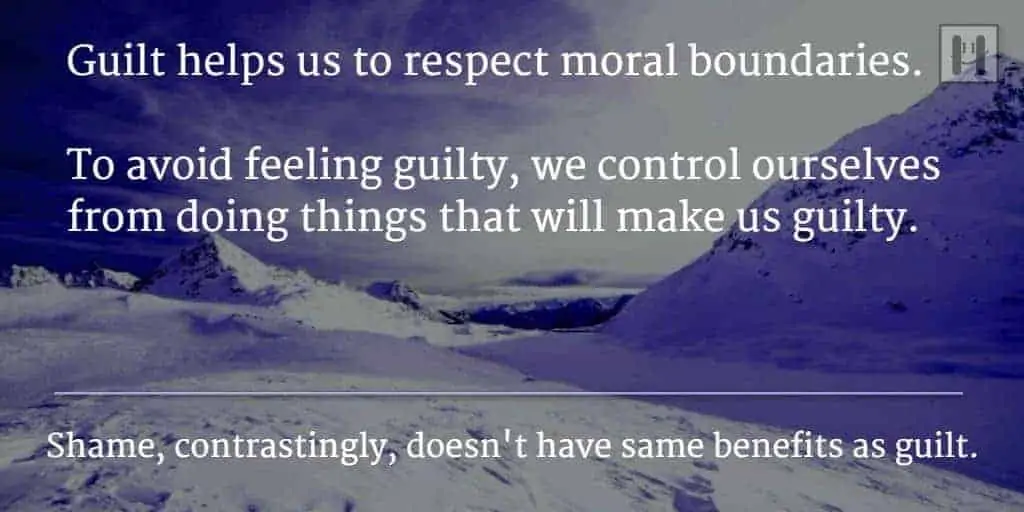
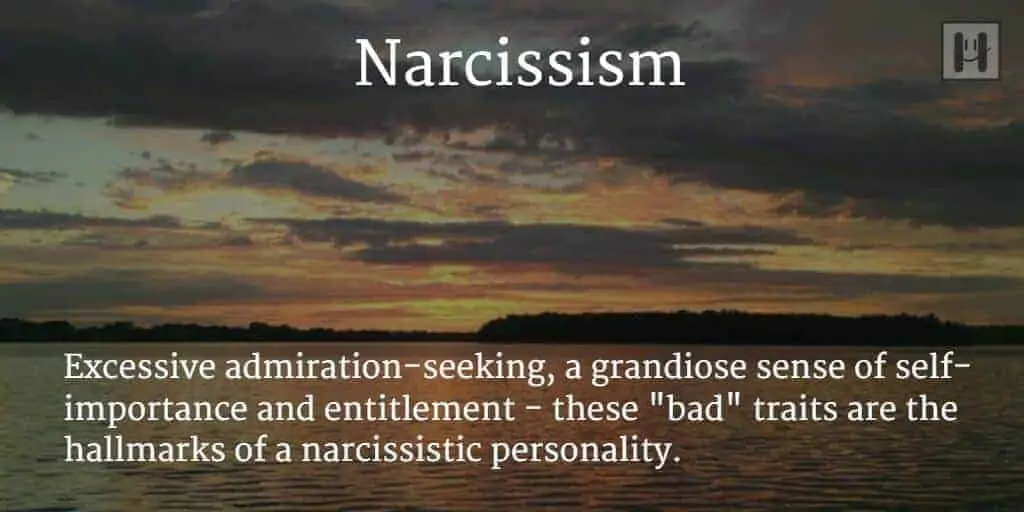
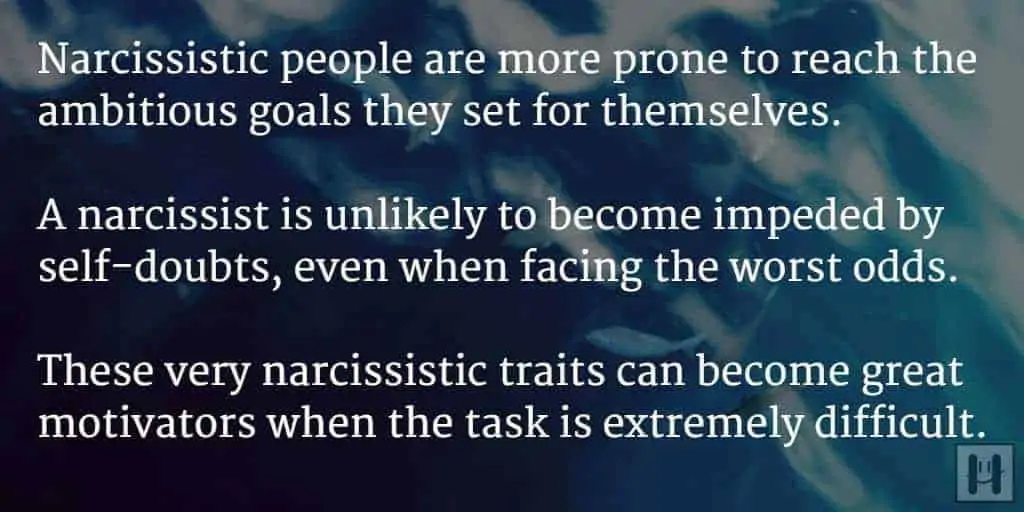
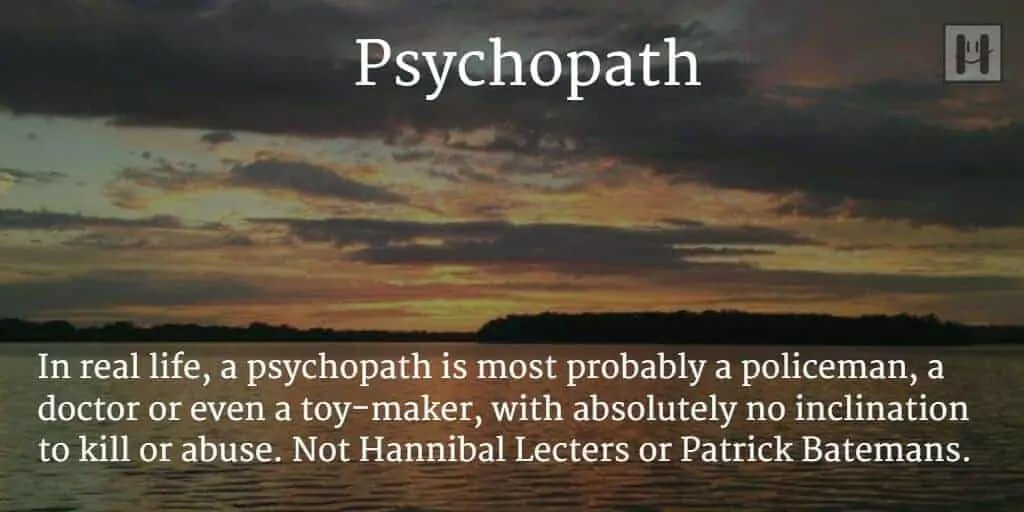
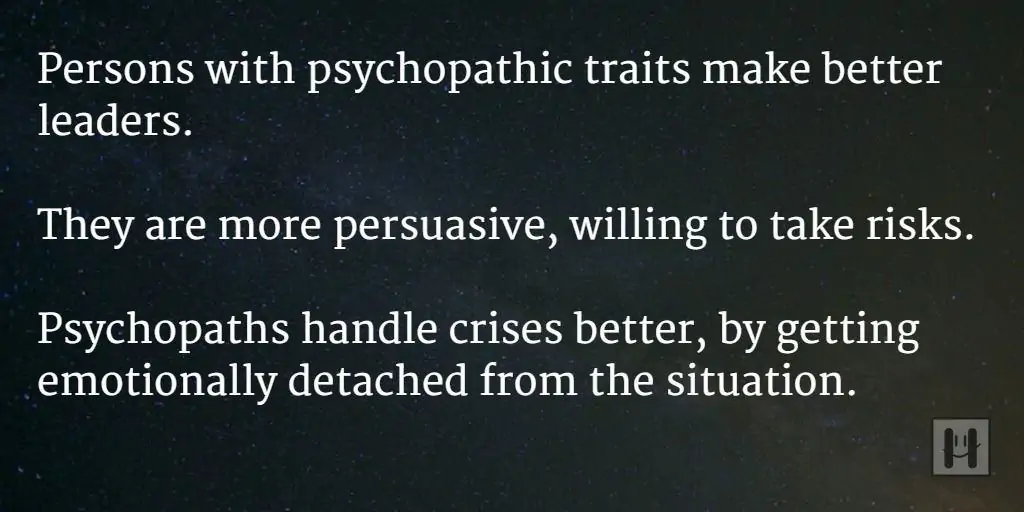
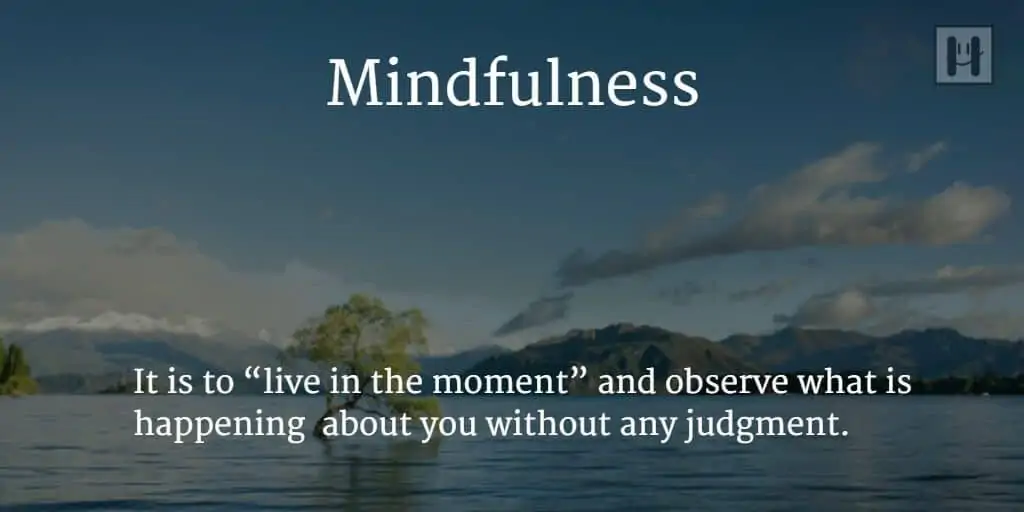
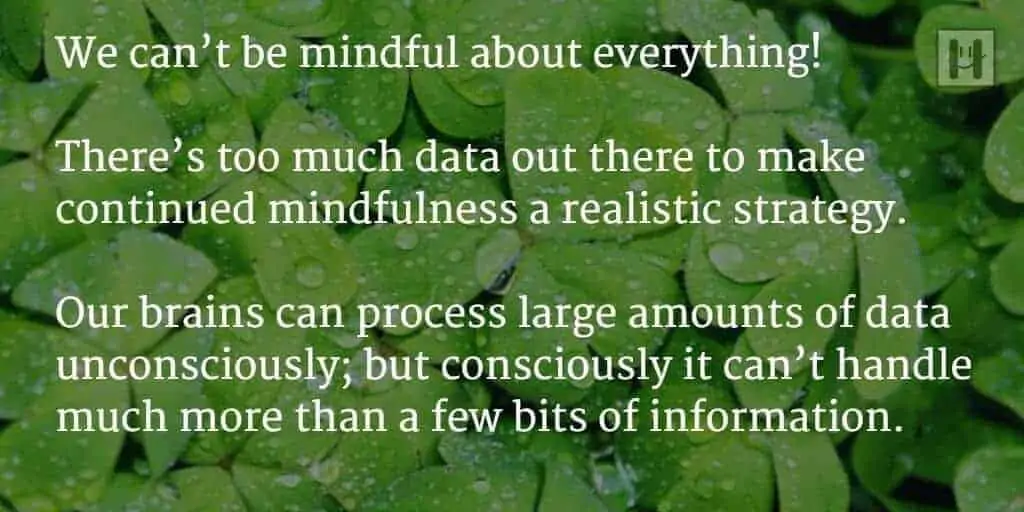
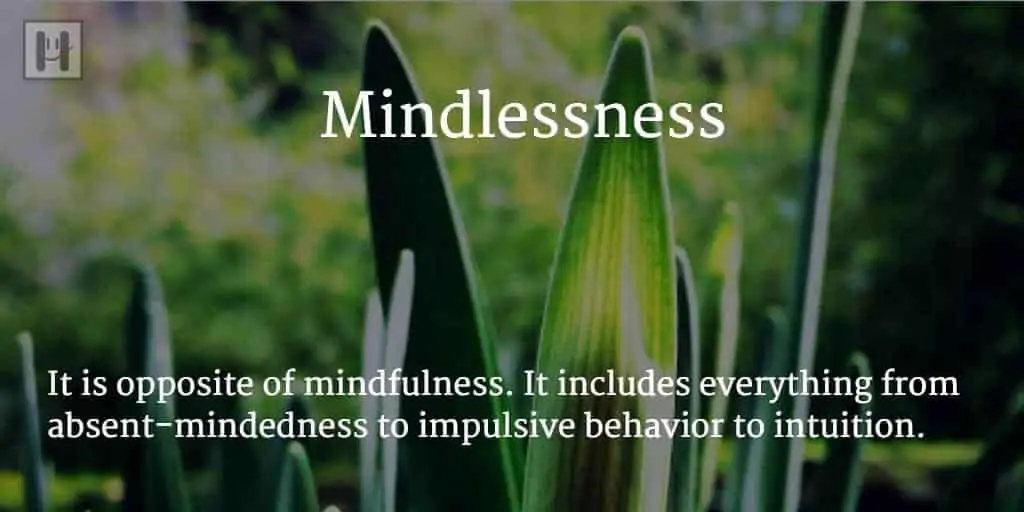
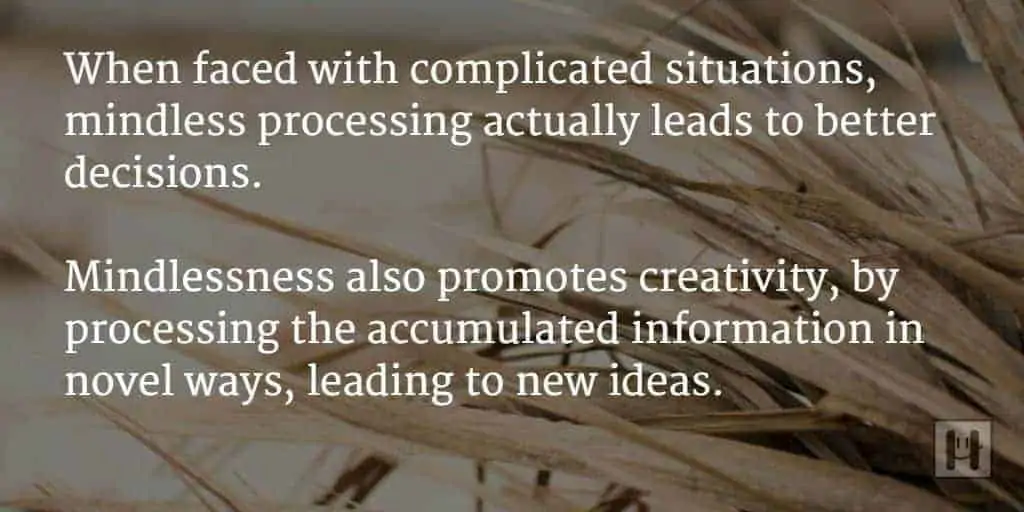
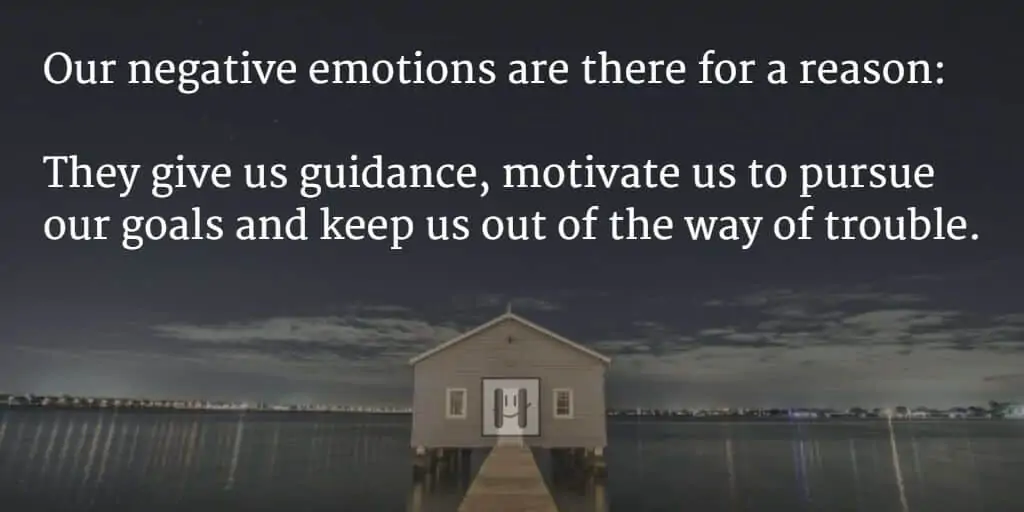
Final Words
Our negative emotions are there for a reason: they guide us, motivate us to pursue our goals, and keep us out of harm’s way.
√ Also Read: How to embrace your negative emotions?
√ Please share this with someone.
» You deserve happiness! Choosing therapy could be your best decision.
...
• Disclosure: Buying via our links earns us a small commission.

